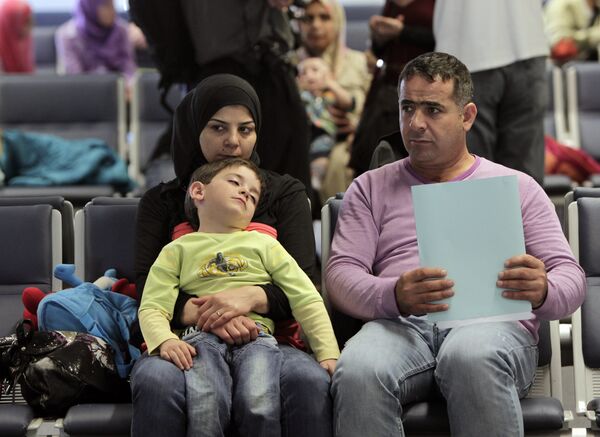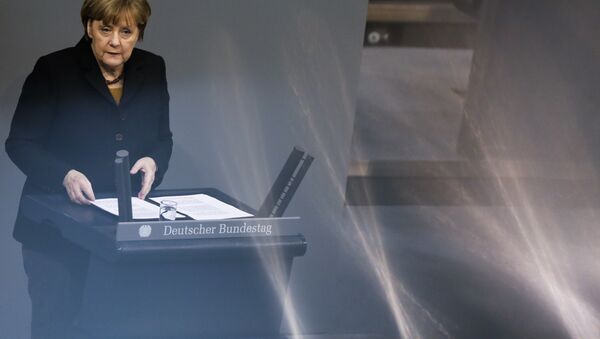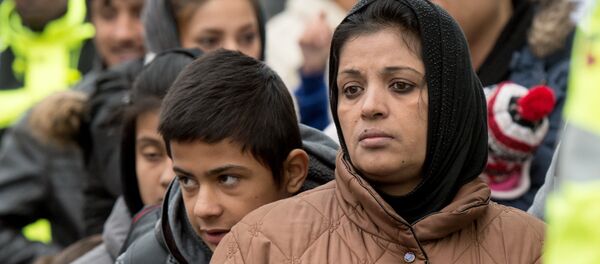The consequences of the mass migration have thrown the European Union into chaos, with the Schengen borderless zone called into question. Hungary, Austria, Slovenia, Croatia and Denmark are among the countries which have — to a greater or lesser extent — closed their borders or imposed border controls.
Meanwhile, an EU plan to relocate 160,000 refugees from Greece and Italy took four months to broker, but has run into difficulties.

Not only have only around 200 people been relocated, but some EU states are refusing to take in refugees under a mandatory quota system, promoted by Merkel and European Commission President Jean-Claude Juncker.
Turkey Deal
In an effort to stem the flows coming through Turkey, the EU is set to pay Ankara US$3.25 million to increase its own border security to stem the flow of refugees crossing from Afghanistan, Syria Iraq and other Middle East states into Europe.
The leaders of Germany, Austria, Belgium, Luxembourg, Finland, Sweden, Greece and the Netherlands are meeting Turkish Prime Minister Ahmet Davutoğlu in Brussels Thursday — the second mini-summit after the first on November 29, when the Turkey deal was made.
Departing for Brussels to accompany Prime Minister @Ahmet_Davutoglu at the Like-Minded EU Countries Summit. pic.twitter.com/cyZG2PAiFJ
— Volkan Bozkir (@volkan_bozkir) December 16, 2015
The leaders of the 'like-minded' mini-summit nations are set to agree to voluntarily take Syrian refugees currently in Turkey and relocate them to each of the mini-summit states, in a completely separate deal to the main 28-state relocation plan, which has run into difficulties.
"I don't think that this is a sign that we are seeing a split in the European Union. This is a meeting with those taking on board the proposals the Commission has put forward with Turkey. The is an inclusive process, not an exclusive one. We will have 11 prime ministers round the table and we will discuss this in depth," speaking ahead of joining the mini-summit, Juncker told reporters.
He said a group of countries that were willing to take in refugees had a right to club together on a voluntary basis.
"It's basically done on a voluntary basis, that's the reason why those who did not want to join may not join, but will be kept informed. The fact that the Commission is there is to show that European institutions are involved in that process," Juncker said.



